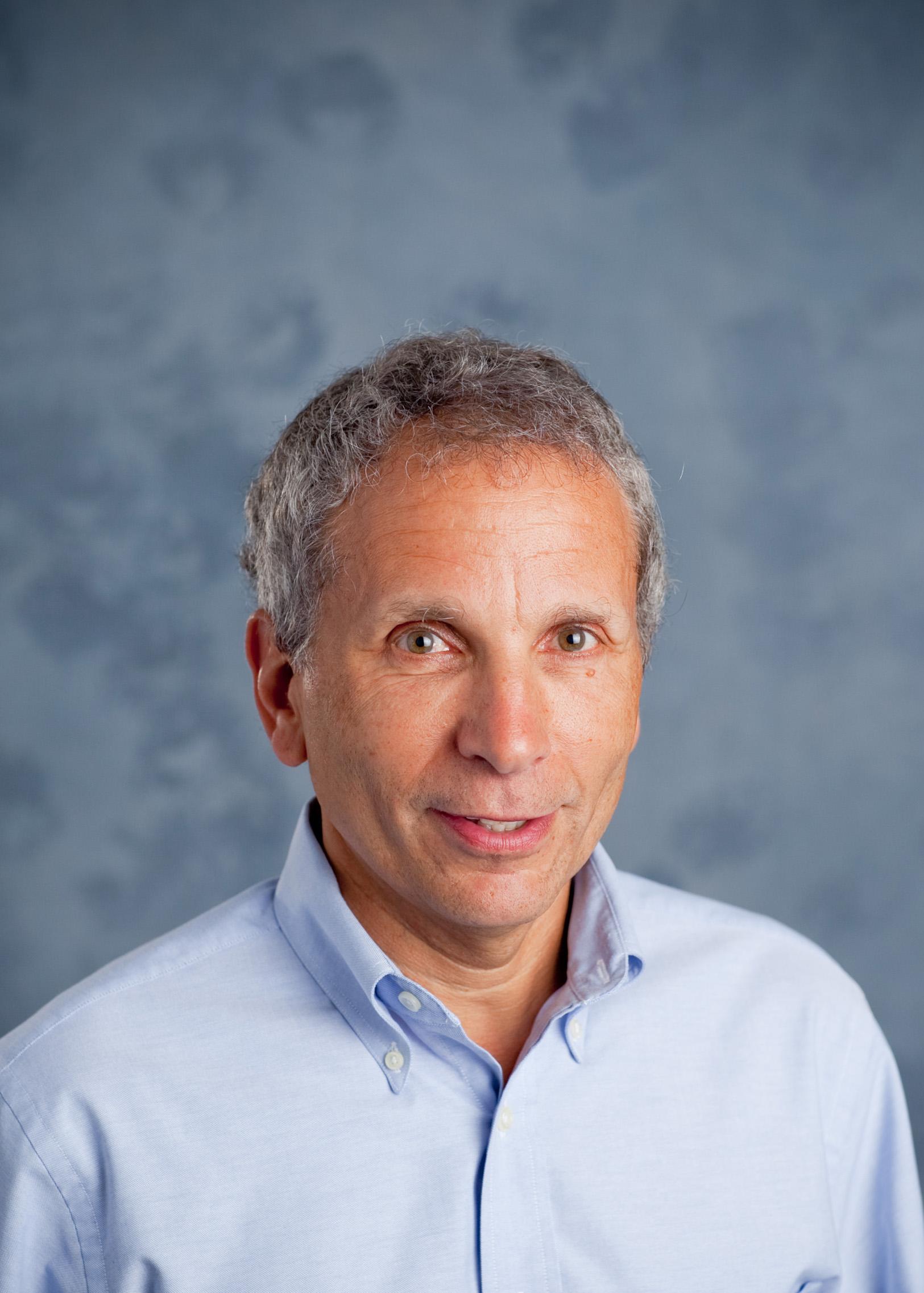
23 Jun To Your Health: Protein, How Much?
Editor’s Note: It all started with a Wellness Conference that took place in March at The Peaks Resort & Spa in Mountain Village. The talks featured part-time Telluride local Dr. Alan Safdi, who offered evidence-based medical findings for healthy living in easily digestible sound bytes. The series was so popular, Dr. Safdi and Peaks’ General Manager, Dave Ciani, plan to continue it this summer. In the meantime, in between times, Telluride Inside… and Out plans to offer nuggets from Dr. Safdi through a new bi-monthy column, To Your Health.
I am always asked how much protein should be ingested daily. Unfortunately that is not a simple answer. It all depends on the type of protein we are analyzing. I am sure the following will surprise a lot of people, but more conclusive studies are required.
The research shows that a low-protein diet in middle age is useful for preventing cancer and overall mortality, through a process that involves regulating IGF-I and possibly insulin levels. However, we also propose that at older ages, it may be important to avoid a low-protein diet to allow the maintenance of healthy weight and protection from frailty
A high-protein diet in middle age may increase risk for diabetes, cancer, and mortality. This data was obtained from the National Health and Nutrition Examination Survey, which followed 6,381 adults aged at least 50 years for nearly two decades
Researchers defined high-protein intake as a diet deriving at least 20% of calories from protein, plant- and animal-based. A diet including 10% to 19% of calories from protein was considered moderate; a low-protein diet included less than 10% protein.
Overall, participants with high to moderate protein intake had higher risks for diabetes-related mortality compared with the low-protein intake group.
Among those in the younger group (50-65), higher protein intake increased the relative risk for death by 74%: they were four times more likely to die of cancer compared with participants who had a low-protein diet.
Further, participants in the younger age group who ate a moderate-protein diet were three times more likely to die of cancer than those with a lower protein intake.
Although the study findings show that high-protein intake during middle age can be harmful, high-protein intake may be beneficial for older adults. Protein controls insulin-like growth factor I, whose levels dramatically decrease after age 65 years and can lead to frailty and muscle loss.
Data showed that participants aged at least 66 years who consumed high or moderate levels of protein vs. low levels of protein had a reduced risk for mortality of 28% and 21% , respectively. Additionally, high-protein consumption reduced risk for cancer mortality by 60% in this older age group.
When we examined breast cancer, the type of protein may make a significant difference. Women who consumed large amounts of red meat had a significantly greater risk of breast cancer as compared with women who ate the least red meat, an analysis of the Nurses’ Health Study II showed.
Overall, the risk of breast cancer was increased by 22% among women in the top quintile of red meat consumption versus those in the bottom quintile. Intake of fish, poultry, eggs, legumes, and nuts did not significantly affect the risk of breast cancer.
The data, involving 88,803 women ages 26 to 45, also showed that replacing one serving of red meat daily with poultry, fish, legumes, or nuts was associated with a 14% reduction in breast cancer risk.
We will need to continue to develop well designed studies to further explore the relationship with protein consumption at different ages and what type of proteins are the healthiest.
About:
Dr. Alan Safdi is board certified in Internal Medicine and in Gastroenterology and is a Fellow of the American College of Gastroenterology. He is the past Chairman of the Department of Gastroenterology at the Deaconess Hospital and current Chairman of the Ohio GI and Liver Institute. A proven leader in the healthcare arena, he has been featured on the national program, “Medical Crossfire” and authored or co-authored numerous medical articles and abstracts. Safdi has been involved in grant-based and clinical research for over 33 years and is passionate about disease prevention and wellness, not just fixing what has gone wrong. He is an international lecturer on the subjects of wellness, nutrition and gastroenterology.



Sorry, the comment form is closed at this time.